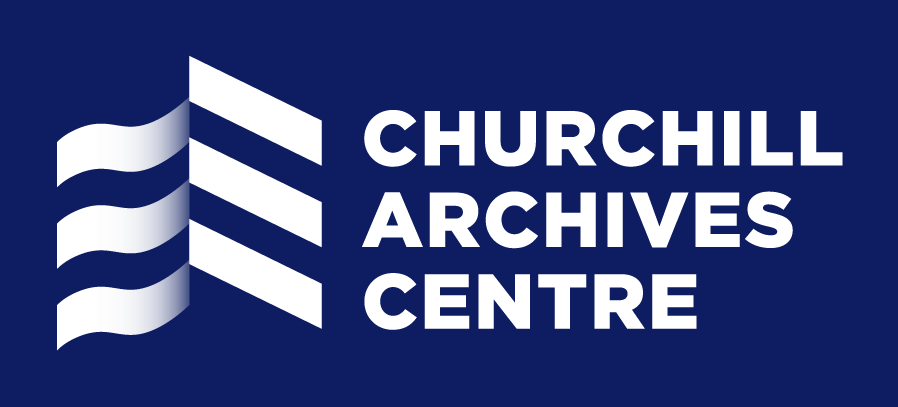One of our occasional series of guest blogs from our researchers.
It seems paradoxical that in 1912, in the heat of the Dreadnought arms race, one of the few firms capable of building such ships should go out of business for lack of orders. That firm was Thames Iron Works and its shuttering signified the end of shipbuilding on the Thames.
Unsurprisingly, as the last hold-out of a once great industry, the company has had a lively afterlife: there have been books, articles, a sculptural memorial and an archaeological dig devoted to it. Another reason that the company hasn’t faded out of memory is that its works football team evolved into West Ham FC, who make occasional genuflections to their heritage.[1] Then there is the colourful character of the company’s last Chairman Arnold Hills; a teetotal, vegetarian, self-publicist with some progressive ideas about management. Once capped for England at football, although subsequently wheelchair-bound, he seemed a confident Edwardian captain of industry.
However, in the private correspondence of the then first Lord of the Admiralty, Reginald McKenna, which I was able to consult in the Churchill Archive, a different picture of Hills emerges. In particular a sequence of letters of summer 1911, described as ‘for your eye alone’, provides a fascinating glimpse into the mind of the ambitious industrialist and the travails of the put upon Minister.
The first letter outlines Hills’ efforts to put together a monopoly busting, London-based consortium to manufacture armour plate and solicits a guarantee of Admiralty support.[2] The middle letter, which seems, unusually, to be in Hills’ own handwriting, is very different.[3] In an angry admission of failure Hills writes that, because of the Admiralty, ‘this door of promise … closes with a bang!’. The third then returns to a familiar, conspiratorial, tone as if nothing untoward had happened.[4]
Hills had political standing within McKenna’s Liberal Party, but this correspondence is redolent of very erratic behaviour. His assumption of credit with McKenna may have grated with a man who had probably gone out on limb for Hills two years earlier, against professional advice, to give Thames Iron Works the one dreadnought they did build, HMS Thunderer.[5] One could draw one of two conclusions about Hills. Either, that he was an influential, well-connected, insider; or, as this evidence suggests, that he was a source of irritating missives, who Liberal politicians felt they had to keep on side in order to shore up their electoral prospects in the East End. This was essential in the crucial election year of 1910 – hence the award of the Thunderer contract. But, by 1912, Hills, and his company, had become dispensable.
Paul O’Donnell
The views expressed are the views of the writer alone, and are not endorsed or otherwise by Churchill College in any way whatsoever.
[1] The fact that the club have named their ‘premier pitch facing hospitality experience’ the Arnold Hills lounge, is presumably ‘banter’ at the expense of the Corinthian, teetotal, vegetarian.
[2] MCKN 3/22 [3 August?] 1911
[3] MCKN 3/22 8 August 1911
[4] MCKN 3/22 16 September 1911
[5] Those concerns are outlined in a paper prepared for the then 3rd Sea Lord, John Jellicoe, held in the archives of the National Maritime Museum, Ships Cover, Orion Class, ADM/SC/248, NMM


